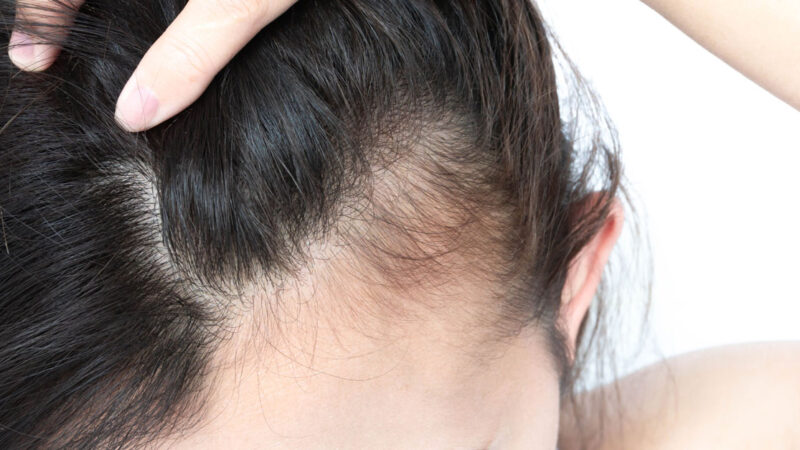A Guide On The Benefits Of Natural Soap
The term “soap” refers to a variety of skin cleansers that are solid, liquid, or powder, and each of these categories has its own set of colors, aromas, shapes, packaging, and claims. Some soaps have deodorizing properties, while others include antibacterial, antiaging, moisturizing, and other properties. Soap is something that practically everyone uses, usually many times a day, and it’s one of the most important instruments for preventing the spread of bacterial and viral infections.
However, not all soaps are created equal in terms of power or efficacy, and not all soaps are suitable for your skin. Handmade, Australian natural soap and commercially manufactured soaps are the two basic varieties of soap. Commercially produced soaps are typically less expensive than handcrafted soaps, although there may be a valid explanation for this. Let’s take a look at the world of a natural soap to determine if the advantages it provides are worth the extra expense.
The Advantages of Using Natural Soap
Instead of “Fake Soap,” use “Real Soap.” Many products marketed or exhibited as ‘cleanser,’ ‘body bar,’ ‘body wash,’ ‘beauty bar, “skincare bar,’ and even ‘deodorant soap’ are actually detergents, not soaps.
Natural soap is extremely hydrating.
Glycerine is a by-product of the manufacturing process, which is one of the advantages of using real soap. Because it pulls moisture to itself in and around the skin, glycerine is an effective skin moisturizer. Glycerine is found in traditional soaps, which hydrates the skin while bathing, whereas many commercially created soaps, can dry out the skin. Why? Because most store-bought commercial soaps go through a special process to remove the glycerine.
Instead of leaving glycerine in the soap to benefit your skin, it’s taken and used in other products like moisturizers and other skincare products – which you’ll need more of if you use their soap because it’s been stripped of its glycerine. Glycerine-free soap can leave skin feeling dry, ashy, itchy, and unappealing.
Use of higher-quality ingredients
When a company makes hundreds of thousands, if not millions, of soap bars at once, part of the profit margin comes from mass production, while the other part comes from using skilled labor. The cheapest products available – are typically synthetic alternatives for the real thing. Many people feel that synthetic items can harm the endocrine, reproductive, respiratory, and immune systems, not to mention the damage they can do by drying out your skin.
Commercial soaps are known to contain parabens, sulfates, and triclosan, which are suspected of causing allergies, altering hormone levels, and perhaps increasing the risk of certain malignancies. Natural soaps, on the other hand, typically include olive and coconut oils, shea butter, and grass-fed tallow. These are said to be extremely beneficial and nutritious to the skin.





